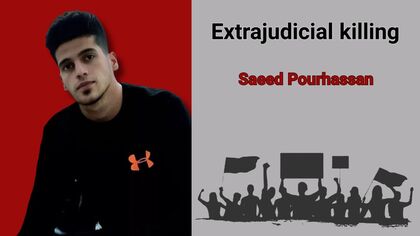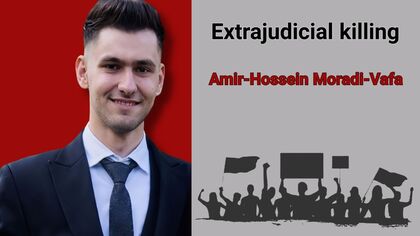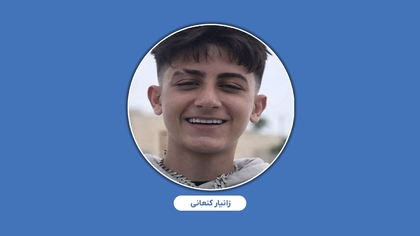New report released on human rights situation in Iran
19:25 - 8 March 2012

KURDPA - The UN Special Rapporteur on human rights in Iran has released his new report in time for the 19th session of the UN Human Rights Council in Geneva.
In a 36-page report, Ahmad Shaheed claims to have “catalogued allegations that produce a striking pattern of violations of fundamental human rights.”
In a departure from his earlier report, Shaheed makes several recommendations to the Islamic Republic government and specifically calls for “the immediate release of all political prisoners and prisoners of conscience and upon the government to protect the space for public criticism or advocacy.”
The report also urges the authorities to investigate allegations regarding the violation of due process as well as reports of torture and death in detention centres.
The report lists “excessive solitary confinement, electric shock, severe beatings, threats of rape, and threats to detain and/or harm friends, associates, and family members” as instances of torture cited by several witnesses that contacted the special rapporteur. The report indicates some witnesses have said they were coerced into making recordings of false confessions.
Shaheed writes that interviewed several NGOs, Iranians living outside Iran and diplomats.
He indicates that the Mothers of Laleh Park have written to him in order to initiate an investigation into the deaths of their children during the post-election events of 2009.
Shaheed calls on Islamic Republic authorities to review their laws regarding political parties, NGOs, the family and security in order to ascertain compatibility with international standards.
Iranian authorities have refused to cooperate with Shaheed, and his request to travel to Iran to corroborate his report was turned down.
Several Islamic Republic figures condemned Shaheed’s earlier report, which also listed accounts of widespread human rights violations in Iran. They accused Shaheed of relying on one-sided data.
In a 36-page report, Ahmad Shaheed claims to have “catalogued allegations that produce a striking pattern of violations of fundamental human rights.”
In a departure from his earlier report, Shaheed makes several recommendations to the Islamic Republic government and specifically calls for “the immediate release of all political prisoners and prisoners of conscience and upon the government to protect the space for public criticism or advocacy.”
The report also urges the authorities to investigate allegations regarding the violation of due process as well as reports of torture and death in detention centres.
The report lists “excessive solitary confinement, electric shock, severe beatings, threats of rape, and threats to detain and/or harm friends, associates, and family members” as instances of torture cited by several witnesses that contacted the special rapporteur. The report indicates some witnesses have said they were coerced into making recordings of false confessions.
Shaheed writes that interviewed several NGOs, Iranians living outside Iran and diplomats.
He indicates that the Mothers of Laleh Park have written to him in order to initiate an investigation into the deaths of their children during the post-election events of 2009.
Shaheed calls on Islamic Republic authorities to review their laws regarding political parties, NGOs, the family and security in order to ascertain compatibility with international standards.
Iranian authorities have refused to cooperate with Shaheed, and his request to travel to Iran to corroborate his report was turned down.
Several Islamic Republic figures condemned Shaheed’s earlier report, which also listed accounts of widespread human rights violations in Iran. They accused Shaheed of relying on one-sided data.



